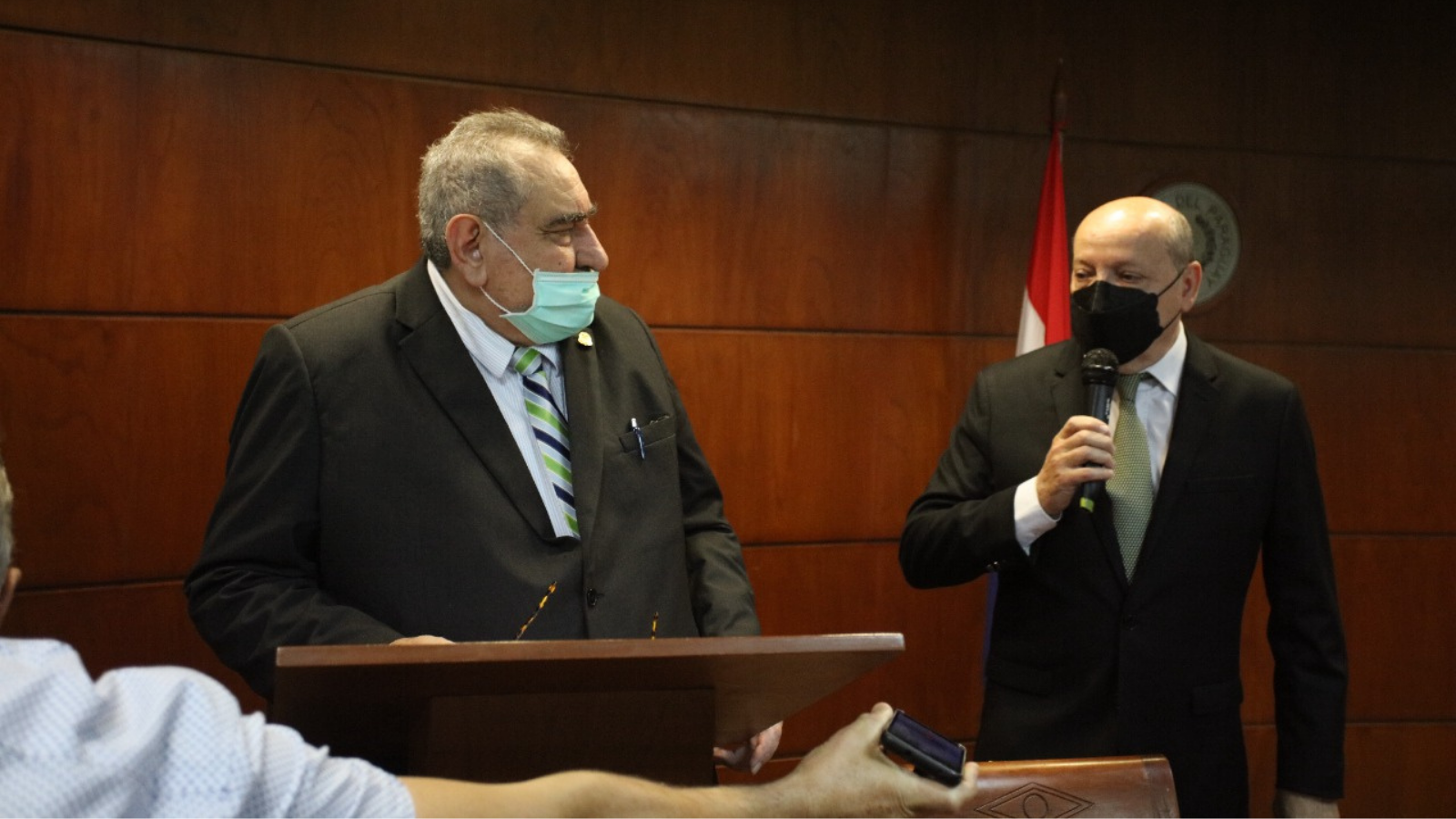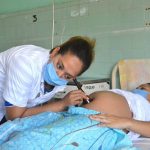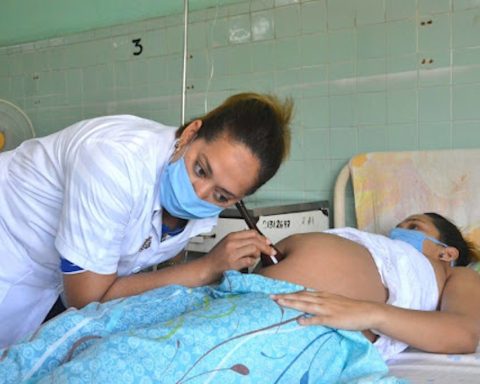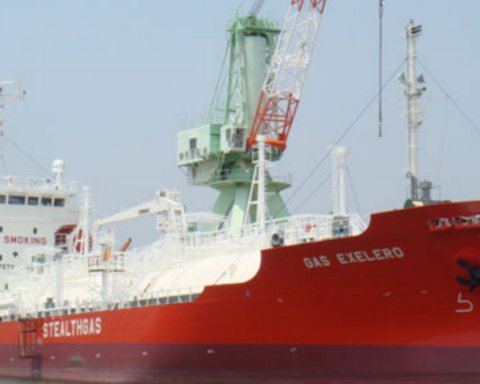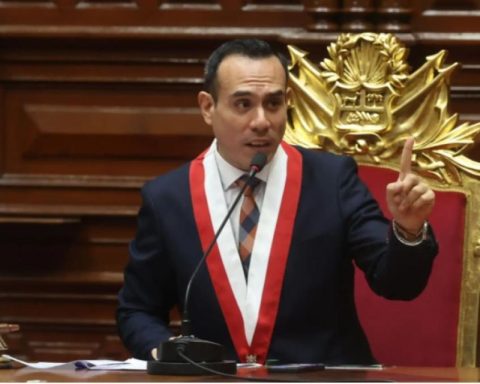Antonio Fretes was elected president of the Supreme Court of Justice (CSJ). The vote of his companions was motivated by the fact that in March of next year, the high magistrate will be 75 years old and will leave the highest court.
Fretes received 8 votes and Eugenio Jiménez only one. In this way he will hold the position until February of next year. He replaces César Diesel as the incumbent of the Court.
For first vice president, Alberto Martínez Simón was elected with 6 votes against 3 of Manuel Ramírez Candia who was second.
Ramírez Candia was left with the second vice presidency with 7 votes, one blank and the conspicuous absence of Candia himself.
The discomfort of the magistrate occurred because there was an agreement for him to be second vice president. However, during the voting, several of his classmates changed their minds. Shortly after, he presented his resignation to the vice presidency, by means of a note.
In principle, the Criminal Chamber will be in charge of Ramírez Candia, the Civil Chamber, in charge of Martínez Simón, and the Constitutional Chamber, in charge of Antonio Fretes himself. The administrative part will be carried out together.
SPEECH
After the elections, there was a press conference where Fretes thanked his colleagues for their support. He promised that he will not break the trust of his colleagues.
“I request the cooperation of all my colleagues. Usually in elections, at this time, there are some who have their legitimate interests. Some have resigned to give me this opportunity before I retire,” he expressed.
At another point, he stated that the press is one of the most preponderant factors for the pursuit of democracy in a country. So he asked for the support of the communicators.
“We will be working together, with transparency, which is what will give us credibility towards our work,” he mentioned.
Finally, he said that he will ask the judges and chambermaids to change their attitude to travel a different path.
PRIORITIES
There are four priorities that the Fretes administration will have at the head of the CSJ. The first will be to strengthen access to justice, especially for vulnerable groups such as children and adolescents in situations of violence.
Second, they will promote the construction of an autonomous building to house the courts and tribunals for children and adolescents.
Third, they will continue with the decentralization process of public registries to facilitate the processing of documents.
Finally, they will focus on the task of deepening the mechanisms that strengthen the protection of human rights.
